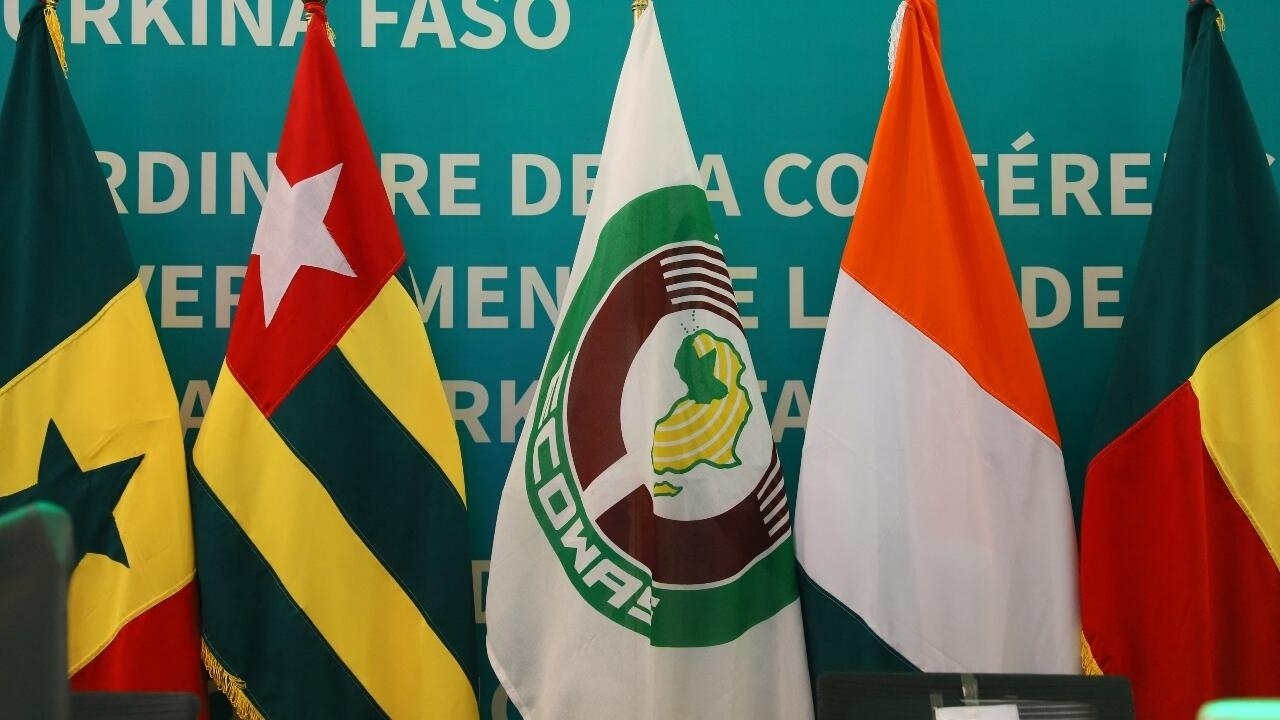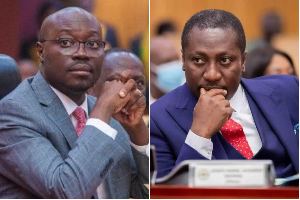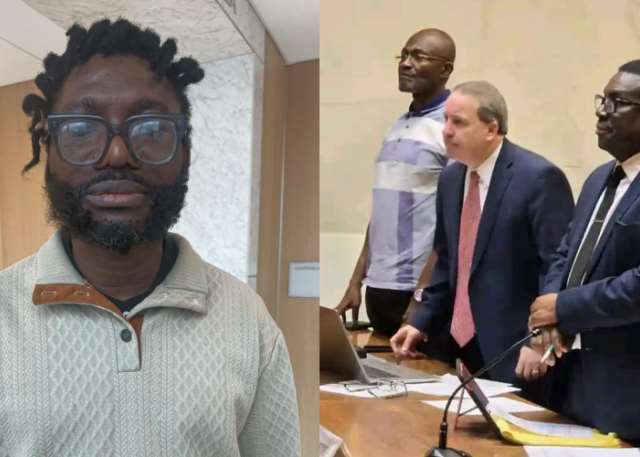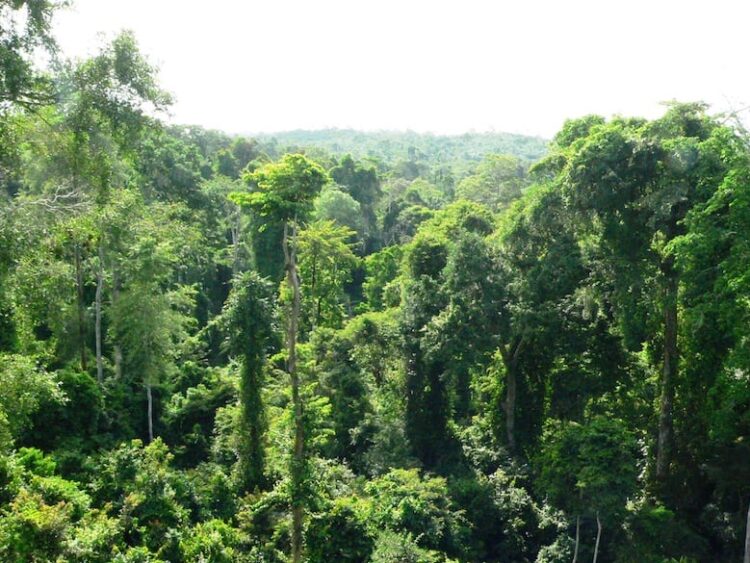ECOWAS LEAVES DOOR OPEN FOR NIGER, MALI, BURKINA FASO TO REJOIN

The Economic Community of West African States (ECOWAS) has advised Mali, Burkina Faso and Niger to reconsider their decision to leave the regional grouping.
It said the three countries that withdrew from ECOWAS earlier this year to form the “Alliance of Sahel States” (AES), can automatically rejoin ECOWAS if they change their minds by July 29, 2025.
Speaking at a High-Level Policy Dialogue in Accra last Tuesday, the ECOWAS Commissioner for Political Affairs, Peace and Security, Dr Abdel-Fatau Musah, said in a bid to maintain ties, ECOWAS has allowed citizens of the three countries to continue to enjoy free movement rights within the region.
He said the regional body has also called on the countries to collaborate on security and humanitarian issues.
Dr Musah, delivering his keynote address titled “Reflections on the State of Affairs in West Africa,” said ECOWAS has appointed two Presidents, Diomaye Faye of Senegal and Faure Gnassingbe of Togo, to engage in dialogue with the three countries to encourage their return.
He identified governance and development deficits as major contributors to the region’s current challenges.
The Executive Director of WANEP, Levinia Addae-Mensah, in her welcome address, touched on the complex challenges facing the region, including fragility, fragmentation and violent extremism.
“Our beloved West Africa is confronted with a complex array of challenges that threaten to erode decades of investment in peacebuilding, regional integration, democratic governance and social cohesion,” she said.
She cited the recent exit of Mali, Burkina Faso and Niger from ECOWAS as a “profound indicator of the deep fractures we must confront with courage, candour and commitment.”
Mrs Addae-Mensah emphasised the need for innovative responses to the region’s challenges, saying that “it compels us not only to understand the geopolitical and strategic changes taking place, but to think differently, to reimagine the role of regional institutions and civil society in shaping a more inclusive, resilient and united West Africa.”
NKONKONSA.com





